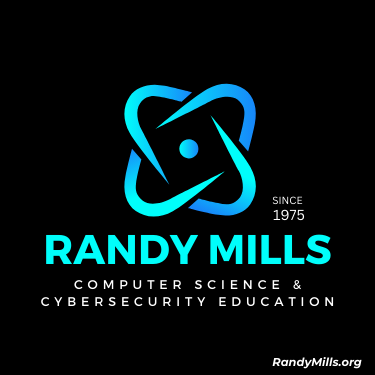The following excerpt is from Seymour Papert’s book Mindstorms, published in 1980, yet its relevance to current classroom practices persists. The book is over forty years old and is still as important today as it was in 1980. The passage below speaks to a project by students using “Turtle” programming to create a holiday sign. I still see the Turtle technique in current classes and retains a sense of originality that still resonates with students. As often occurs in classrooms, they run short of time and the teacher does much of the preliminary programming for them. The student’s only task is to refine and debug the code. The teacher has not completed the code so there is a need to complete the code. The teacher and student were working on the letter R and trying to debug it. As they worked together to fix the code, the student had a revelation. The student asked the teacher, “… you really don’t know how to fix it?” The student was caught up in the game of “Let’s do it together” but the teacher knew the completed answer the entire time. They had been a believer in this fiction that teachers do with students daily. Discovery by students is often clouded by the belief that the teacher knows the answer and is perpetuating the fiction of joint discovery. The student believes the teacher will swoop in with the answer at the end if the student does not get it. I believe this fiction destroys the joy of discovery.
A group of twelve fifth graders had had several hours a week of LOGO experience since the beginning of the term in September. Early in December the group decided on a collective project. A mechanical Turtle would be programmed to write “Merry Christmas” on huge paper banners that would be strung in the school corridors. An ideal project. The letters of the alphabet were divided up among members of the group. Each would write programs for two or three letters, for decorative drawings, and for whole messages, using the letter programs as subprocedures.
But snowstorms and other disruptions delayed the work, and when the last week of school arrived the banners had not yet been made. The instructor in charge of the group decided to break a general rule and to do some of the programming herself. She worked at home without a Turtle so when she came in the next morning she had a collection of un-debugged programs. She and the children would debug them together. The instructor and a child were on the floor watching a Turtle drawing what was meant to be a letter R, but the sloping stroke was misplaced. Where was the bug? As they puzzled together the child had a revelation: “Do you mean,” he said, “that you really don’t know how to fix it” The child did not yet know how to say it, but what had been revealed to him was that he and the teacher had been engaged together in a research project. The incident is poignant. It speaks of all the times this child entered into teachers’ games of “let’s do that together” all the while knowing that the collaboration was a fiction. Discovery cannot be a setup; invention cannot be scheduled. – Seymour Papert, Mindstorms, Pages 127-128 ©2020 original ©1980
“Discovery cannot be a setup; invention cannot be scheduled.” This is the biggest hurdle we have as teachers. We have thought that we can control all of this. We have never been able to control the mind of a child. We need to convince the students that discovery and invention are on their timeline. The reality of school dictates that we have some basic lessons and the accountability for those lessons learned. That will not change and I am not advocating for a change to that concept. What I am advocating is a change to that discovery, creation, and invention timeline. I can learn to program in a language but until I have a purpose and a need for programming, it will be artificial and not be deeply engrained in my gestalt. This goes for facts as well as concepts. Bob Ward, my Social Studies teacher, taught me almost 50 years ago that re-enacting the trial of Colonel Chivington was the best way to learn about the Sand Creek Massacre. What made it even more a part of my understanding is that he did not dictate the outcome and let us try the case without preconceived notions. I was the defense lawyer and got Chivington off when in real life he was convicted. I remember those facts and have had burning questions for 50 years about why the real lawyer didn’t try my strategy. To this day I read about the western expansion and relations between the Native Americans and the settlers. That is the value and importance of discovery. We need to explore and learn with students and perpetuate the non-fiction of discovery being with students rather than something done to them. This will not be easy and will go against many years of perpetuating the fiction that teachers have every answer. It will go against many colleagues in your environment but it is a battle worth fighting. When we drop the pretense of omniscience it makes the learning more a part of the students and not simply something that has been done to them.
